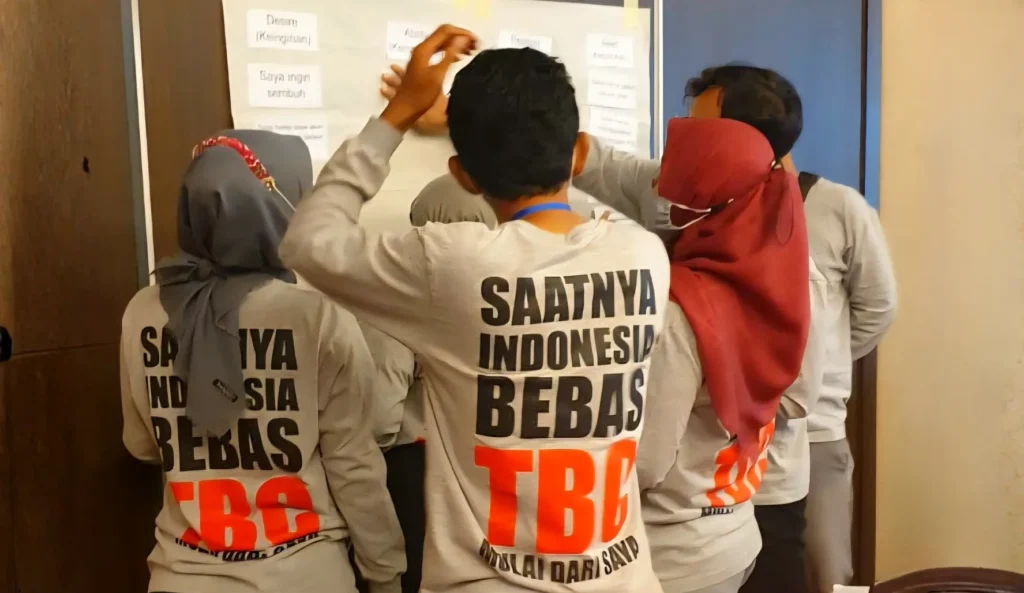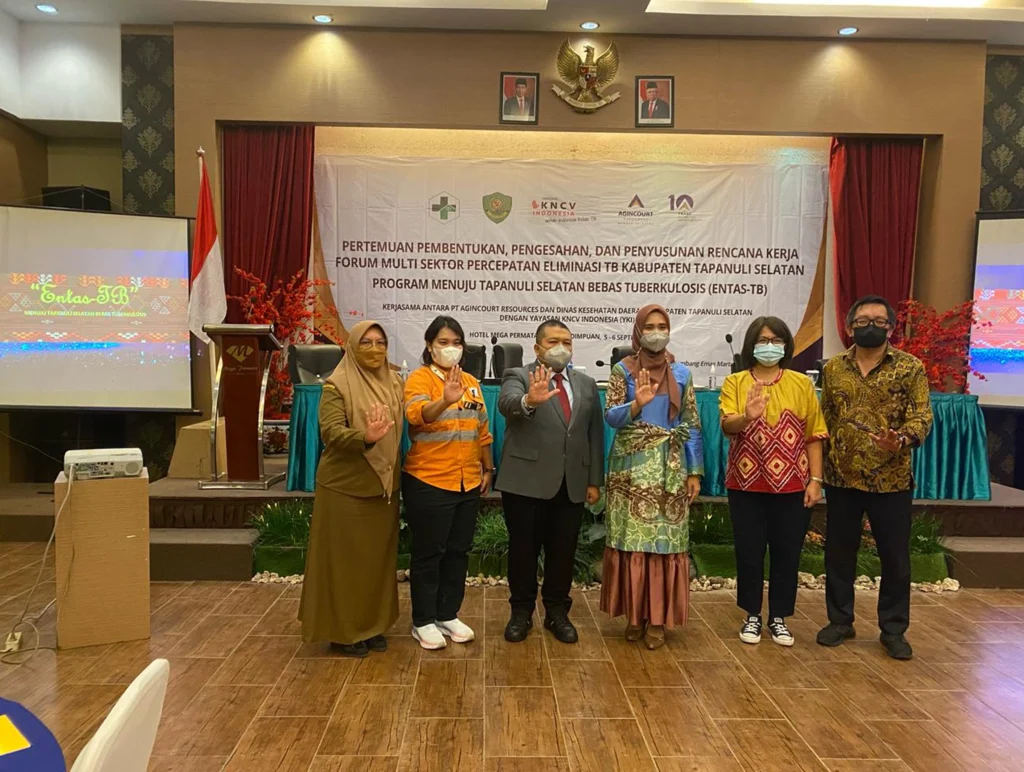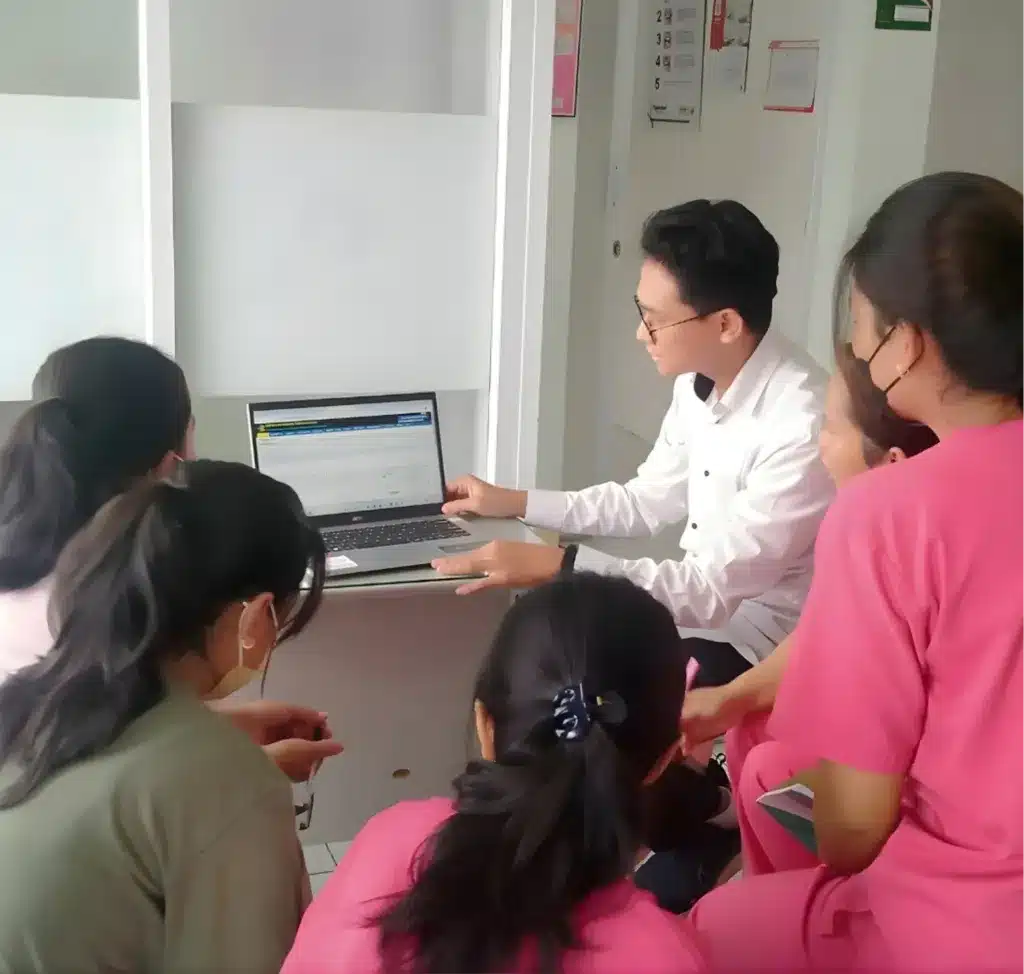TECHNICAL AREAS
Indonesia’s health system continues to evolve to meet the needs of a growing and diverse population, yet persistent gaps in coordination, data use, and service quality limit its ability to respond effectively to both chronic and emerging health challenges. Fragmented governance, uneven workforce distribution, and inefficiencies in resource management continue to affect coverage and quality of care, particularly across decentralized levels of the system.
Strengthening the health system requires a whole-of-system approach that aligns governance, financing, service delivery, and data systems with national priorities. Investments should reinforce each component of the system, including leadership, financing, workforce capacity, information systems, and service readiness, to ensure coherence, efficiency, and accountability. As Indonesia advances toward Universal Health Coverage (UHC), coordinated efforts among national and subnational actors, development partners, and civil society remain essential to sustain progress and ensure equitable access to quality health services for all.
PURPOSE
Yasa Karsa Insani (YKI) applies a system performance and capacity-building lens across its work, ensuring that interventions in TB, HIV, and laboratory strengthening contribute directly to the resilience and functionality of Indonesia’s overall health system. Through evidence-based technical assistance, Yasa Karsa Insani (YKI) supports improvements in governance, financing, human resources, and data systems, helping to make the national response more coordinated, efficient, and transparent.
Yasa Karsa Insani (YKI)’s approach combines global standards with practical, locally informed solutions to enhance policy implementation, institutional readiness, and accountability at both national and subnational levels. This includes strengthening leadership capacity, promoting data-driven planning and resource allocation, and fostering country ownership in the management of health programmes. In alignment with the WHO Six Building Blocks for Health Systems and the Global Fund’s Resilient and Sustainable Systems for Health (RSSH) framework, Yasa Karsa Insani (YKI) focuses on reinforcing the core functions that sustain health outcomes: governance, financing, workforce, information, supply chains, and service delivery.
CAPABILITIES
Supporting transparent decision-making, policy coherence, and institutional oversight to improve system performance and stewardship.
Advocating for efficient and equitable resource allocation to strengthen financial sustainability and value for money,
Developing technical and managerial competencies to enhance workforce productivity and organizational performance.
Improving data integration, analytics, and digital platforms to guide planning, policy evaluation, and adaptive management.
Enhancing service quality, supply chain readiness, and emergency preparedness to ensure system continuity and responsiveness.
HIGHLIGHTED PROJECT


